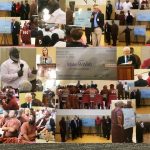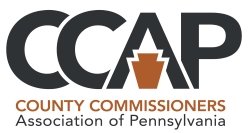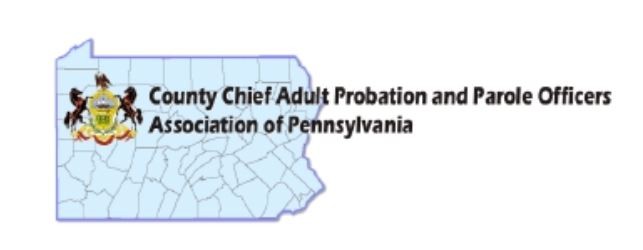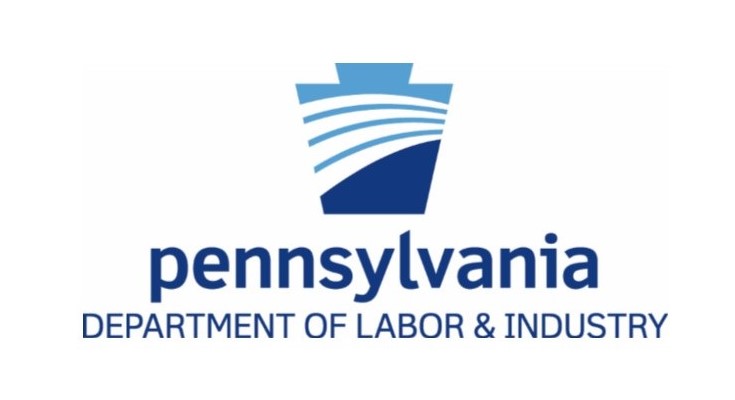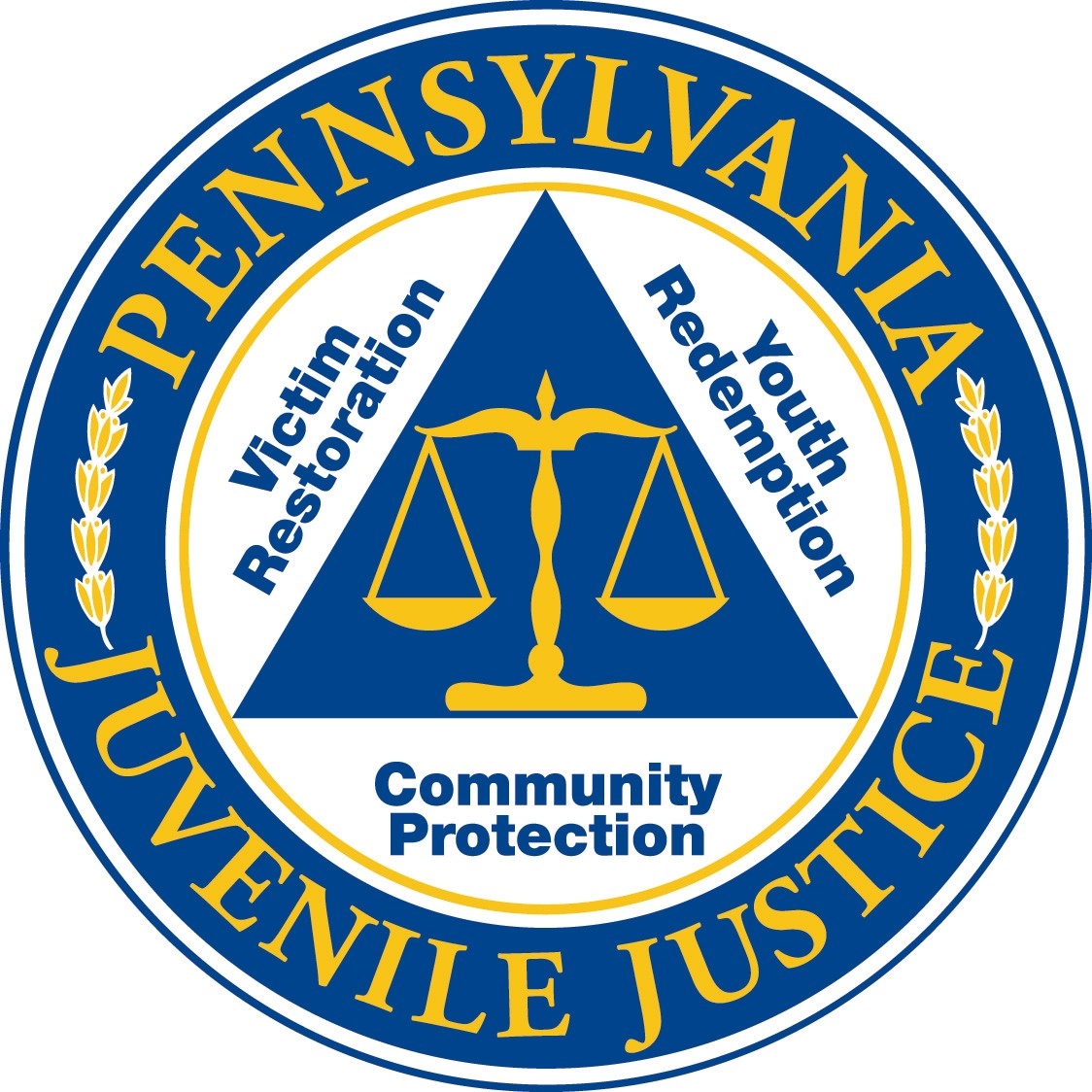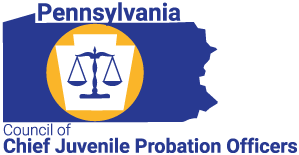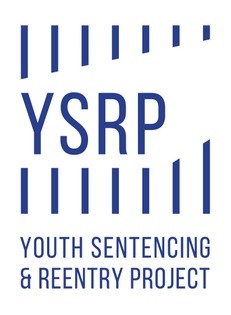Pennsylvania Reentry Council
Pennsylvania residents who leave jails and prisons having paid their debt to society (returning citizens) often face significant disadvantages that may lead them to be incarcerated again. They leave with limited knowledge of (and little access to) services, and even fewer positive relationships to help them navigate a world that may have completely changed while they were incarcerated. Small wonder, then, that 67 percent of all returning citizens end up incarcerated again within three years’ time.
Determined to address the recidivism crisis directly, Governor Tom Wolf and Attorney General Josh Shapiro created the Pennsylvania Reentry Council (PARC), an historic and unprecedented undertaking bringing together reentry stakeholders from around the Commonwealth to identify issues facing returning citizens and to develop and implement solutions.
As the first collaborative forum for government officials, service providers, and returning citizens themselves, PARC is now the hub of reentry efforts in Pennsylvania. PARC has identified new strategies to expand opportunities to assist returning citizens as they reenter their communities, and has helped make our Commonwealth safer as a result.
Mission Statement
The primary mission of the Pennsylvania Reentry Council (PARC) is to make communities safer by reducing recidivism and victimization through the successful reintegration of returning citizens.
PARC Purpose
- To expand education of the public, members of law enforcement and criminal justice, and policymakers on why supporting prisoner reentry efforts is essential to reducing crime and violence;
- To provide a forum for the sharing of best practices, including reviewing successful, existing evidence-based programs and initiatives; and
- To Identify barriers to successful reentry for persons with criminal records including:
- Providing or enhancing access to housing;
- Removing barriers to employment;
- Providing enhanced access to effective treatment for healthcare, addiction, mental health, and trauma;
- Facilitating access to driver’s licenses, social security cards, and other identification documents essential to obtaining employment, housing, and other government assistance;
- Expanding access to education and training; and
- Collaborate with Reentry Courts, Veterans Courts, and Drug Courts on best practices.







